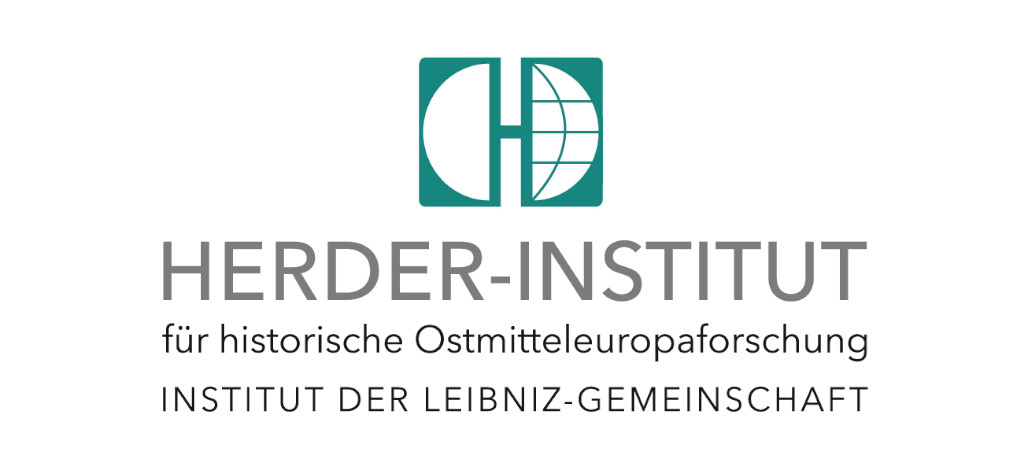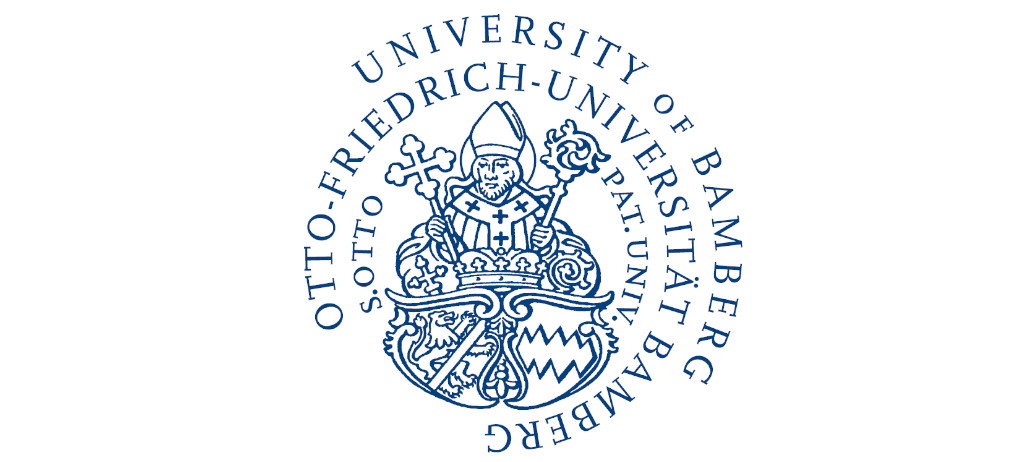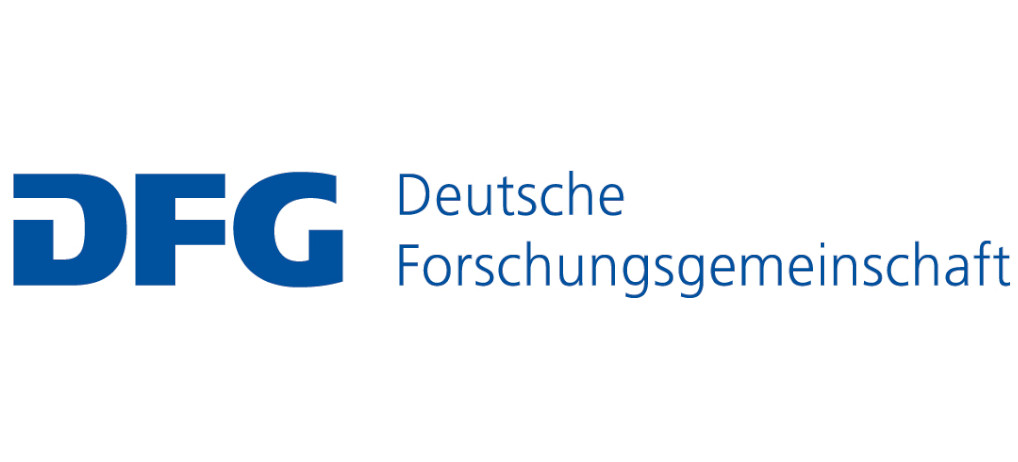Main Content
Subproject B05
Securitization and desecuritization in international trusteeship administrations
1. Funding period (2014-2017)
The subproject analyzes processes of securitization and de-securitization in two historical constellations of fiduciary transitional administrations. It compares transitional administrations established under the UN trust system for decolonization (the French administrations of Cameroon and Togo and the Australian administration of Papua New Guinea) with UN-led administrations after the end of the East-West conflict (UNMIK in Kosovo and UNTAET in East Timor). We understand securitization and de-securitization as strategic practices through which actors involved in the statebuilding process attempt to make their political choices, opposition, or resistance plausible to an audience and, through them, exert influence on statebuilding. Five types of fiduciary statebuilding, each with different actor constellations, in which statebuilding was politically negotiated with recourse to repertoires of securitization and de-securitization, will be comparatively examined.
In the first funding period, we were able to show that securitization and de-securitization are primarily strategic practices whose meanings are only revealed in the context of contested statebuilding, in which actors seek to consolidate their rule or articulate resistance. In the second funding phase, we are now looking for possible conditions for the (de)mobilization of a security discourse - based on our previous findings and complementing our previous case selection.
The project pursues three goals: First, we want to find context-specific and cross-contextual conditions under which repertoires of securitization or de-securitization are mobilized in the course of building a new statehood. Second, we want to show to what extent fiduciary administration was consolidated via strategies of securitization and de-securitization, but also challenged - for example, in the context of anti-colonial resistance. This should lead to a better and more theory-based understanding of the dynamics of fiduciary rule. Third, in the context of the methodological debate between constitutive and causal readings of securitization in securitization studies, we aim to show that the two can be combined via an analysis of strategic practices. Within the framework of the SFB, the subproject investigates how processes of securitization and de-securitization influence the construction and reconstruction of state rule under internationalized conditions. In particular, it contributes to the analysis of the construction of security and threat within the framework of state-related heuristics.
Inhalt ausklappen Inhalt einklappen Members
Subproject Head
Prof. Dr. Thorsten Bonacker
Research Assistants
Dr. Werner Distler
Maria Ketzmerick



